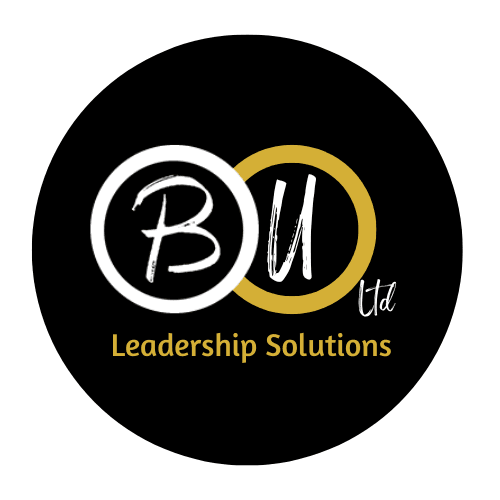A very good morning to you and welcome to a new work week!
Last week we talked about reviewing your leadership beliefs and identifying them so you can let go of the ones that enslave you. This week, I’ll be sharing the second thing you can do to improve your leadership health at the self-level.
Be Emotionally Savvy
Did you know that most of the work required to improve your leadership health happens internally? I’m referring to your thoughts and emotions.
Of those two, your emotion is a stronger determinant of how you react and respond to situations. Research has proven that this is the case and more experts are now highlighting the huge role that emotions play in our decision-making, behaviour, and interactions.
Sadly though, being emotionally savvy (i.e., emotional competence) is still not something we immediately associate with leadership success and I believe it’s a big mistake. Overlooking something as vital as emotional competence can be damaging for leaders on a personal, team, and organisational level.
Before I go on, let me explain what I mean by emotional competence.
Emotional competence is the state of having sufficient knowledge and skills to be aware of, and to efficiently manage your emotions so that you’re able to make considered decisions about your reactions and your responses to things/situations.
It is important that leaders are emotionally savvy/competent because it is essential for their continuous well-being, performance, and productivity. A leader who does not know himself/herself enough to manage their emotions in a healthy way and express it in their behaviour will struggle to lead their team and/or their organisation well.
In my opinion, if leadership success is to be achieved, it must first happen at the foundational level which is self-leadership. If the foundation of self-leadership is ignored or neglected, whatever happens at the team or organisational level is at risk of crumbling.
Becoming emotionally competent requires you to be absolutely honest with yourself. It also requires you to be willing to make any changes that are required for your healthy growth and continuous effectiveness. Listed below are 5 steps you can take to becoming emotionally savvy.
5 Steps To Become Emotionally Savvy
Before I list the steps, I’ll like to point out that being emotionally savvy is not a one-time thing. It is a continuous state and it requires you to regularly examine yourself and make adjustments where necessary.
- Identify and acknowledge your emotions: pay close attention to how you feel in different situations (both the positive and the negative emotions). For instance; when something good happens, when you’re under pressure, when someone offends you, when things don’t go as planned, when you’ve been criticised, etc. Acknowledge your positive and negative feelings because they are there to inform and support you. Identifying and acknowledging your feelings help you better understand the thinking and reasoning behind them. It also gives you an insight into possible changes you can make.
- Examine your behaviour: how do you react or respond when things happen? do you often take time to observe your behaviour? You should. Examining your behaviour regularly will help you see the influence your emotions have on how you express yourself. It will also give you a practical view of how well (or not so well) you are managing your emotions.
- Ask for feedback: it is highly commendable to regularly assess yourself in order to know what changes to make. However, to get a realistic picture of your emotional competence, I encourage you to ask for feedback from those in your close sphere of influence. This is important because you have blind spots and so casting your net a bit further out through feedback will give you more information than what you can gather on your own.
- Learn self-management techniques: we all have imperfections and that is simply due to the fact that we are humans living in an imperfect world. There will be times when some negative feelings will make us behave in certain ways we do not like. It is at such times that we need self-management techniques that’ll help us stay calm, overcome stress, be present, manage anger, etc.
- Get help: while it is possible to take steps on your own to become emotionally savvy, there might be times when you’ll need extra help or support to handle certain things or to cope with certain situations. I strongly recommend that you seek the help of a professional at times like that.
That’s it for today everyone.
Remember that being emotionally savvy is important for leadership success. So, become actively involved in developing and maintaining it (i.e., emotional competence).
Until next time,
Keep Leading Right and Living Light
Coach Bel




